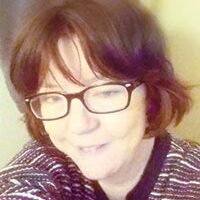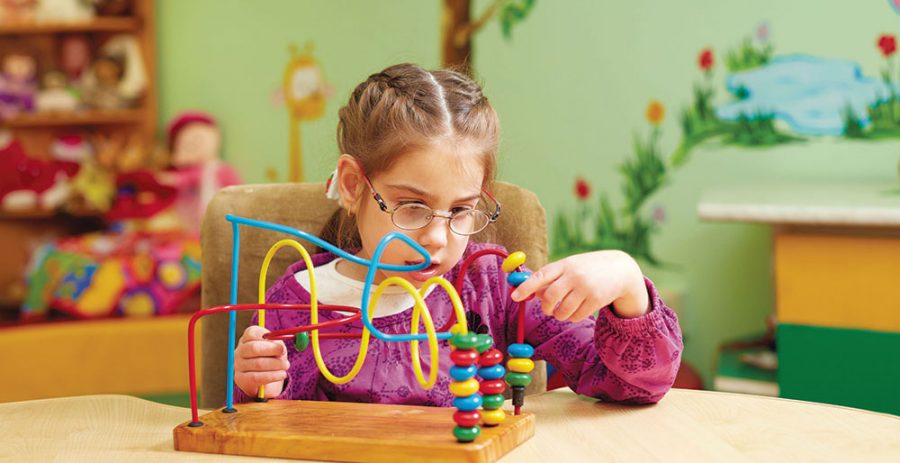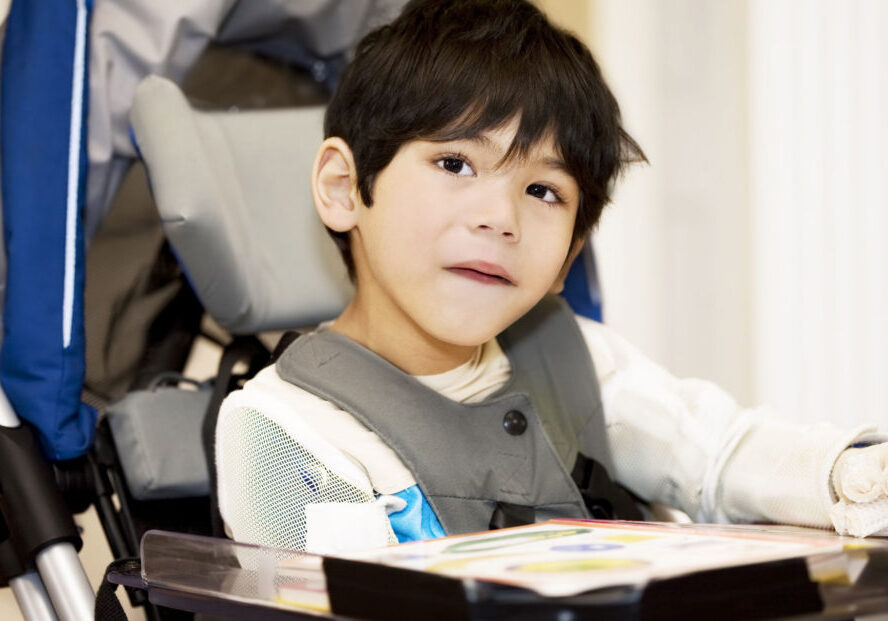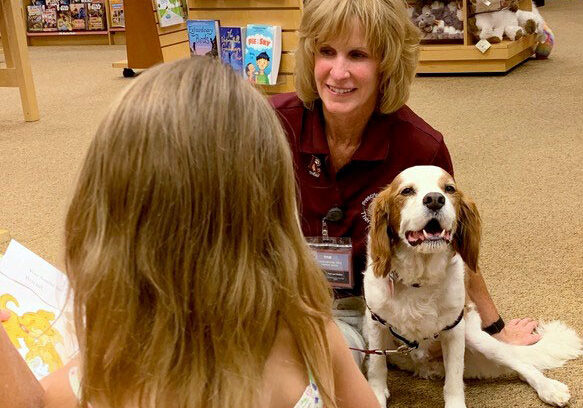As any parent of a child with special needs can attest, finding reliable, trustworthy childcare is difficult. It is even more so when it comes to searching for after-school care.
Public schools are legally required to provide free, appropriate education for all children. However, after-school programs are not technically “school.” They are considered childcare, so they are run a bit differently.
Many local schools are host sites for after-school programs, but not all can provide the accommodations that many children with significant disabilities need. Though they are legally required to try and provide “reasonable accommodations” under the Americans with Disabilities Act of 1990 (ADA), sometimes, despite everyone’s best efforts, it just does not work out. Our family’s personal experience has been problematic. We have had trouble finding staff who are adequately trained to care for our kids’ medical needs.
In single-parent households and those where both parents need to work, this situation can be extremely frustrating. Some take a night job so that a parent can be home during the day, or some have to give up working because the level of care their child needs cannot be met outside of a school setting.
Many parents rely on family members to help them out, but if that is not an option, there are other means to consider. If you know other parents in a similar situation, try to organize a small group co-op where each one can take the kids after school one day a week.
- Hire an after-school sitter. Local colleges that offer early education programs most likely have students who are open to working with children who have special needs.
- Research churches or other religious centers for after-school programs.
- Consider respite services. Contact Far Northern Regional Center (http://www.farnorthernrc.org) or Rowell Family Empowerment Center (http://www.empoweryourfamily.org) for more information.
- If your child’s needs are significant enough, they may qualify for In-Home Support Services (IHSS). If so, you can choose a provider to hire. This process can take a while, but it may be worth looking into for some families.
September is Craniofacial Acceptance and Awareness Month
In the United States, approximately 600,000 individuals have been diagnosed with a craniofacial condition. Writer Jennifer Arnold and two of her children are among those 600,000. They have a rare genetic condition called otopalatodigital syndrome, with Pierre Robin sequence.
Learn more about craniofacial conditions and the individuals that are affected:
- Children’s Craniofacial Association ccakids.org
- About Face aboutface.ca
- Cleft Palate Foundation of America/CLEFTLINE cleftline.org
- National Craniofacial Association faces-cranio.org
Uniquely Us is a unique opportunity to address special needs issues and concerns and to celebrate life. If you have something, in particular, you would like to read about, please write to pn@northstateparent.com (please include UU in the subject line).
Posted in: Uniquely Us
Comment Policy: All viewpoints are welcome, but comments should remain relevant. Personal attacks, profanity, and aggressive behavior are not allowed. No spam, advertising, or promoting of products/services. Please, only use your real name and limit the amount of links submitted in your comment.
You Might Also Like...
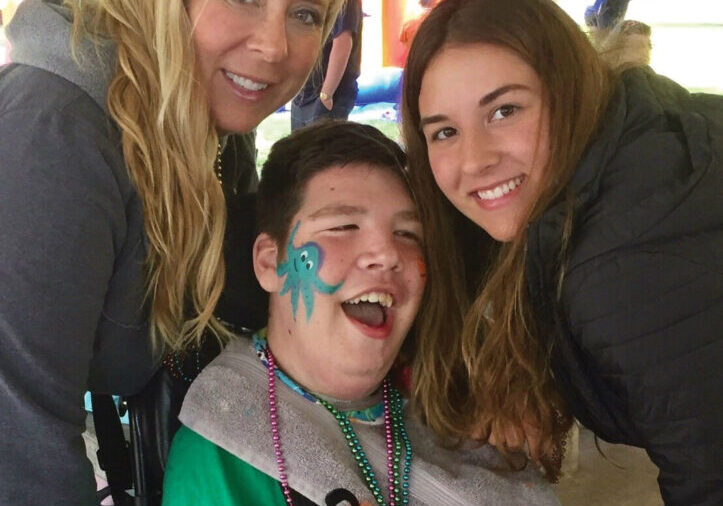
Celebrating Inclusivity At The Special Needs Carnival In Durham
For many people with disabilities, carnivals can be a stressful and anxiety-filled experience. Primarily geared toward “typical” community members, they often lack accessibility and can be a breeding ground for […]
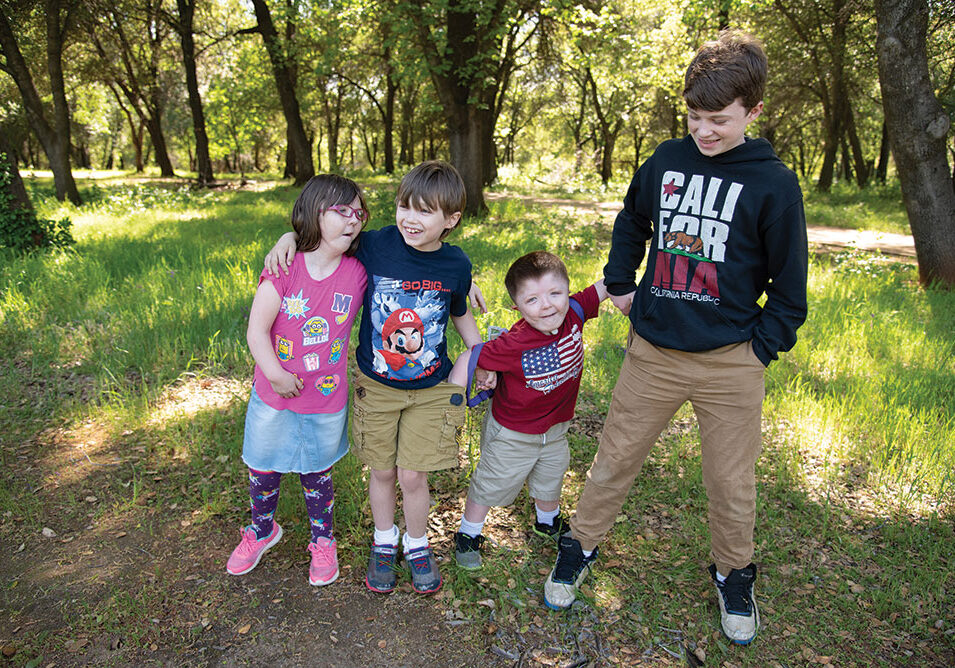
Eloping and Autism – Uniquely Us
The Other Eloping … There is a term that many parents of special needs children are familiar with. It means to wander off, bolt, escape, or run away. This behavior […]

Letting Go of Guilt: Embracing Self-Care When Parenting Children with Disabilities
You cannot serve from an empty vessel.” – Eleanor Brownn. This quote rings true for most parents, particularly those who are caring for children with disabilities. Parenting is an all-consuming […]

4 Things Parents of Special Needs Children Don’t Love Hearing – Uniquely Us
As most parents of a child with special needs know, other people often have a desire to comment to us about our children, or our parenting. Family, friends, and even […]

